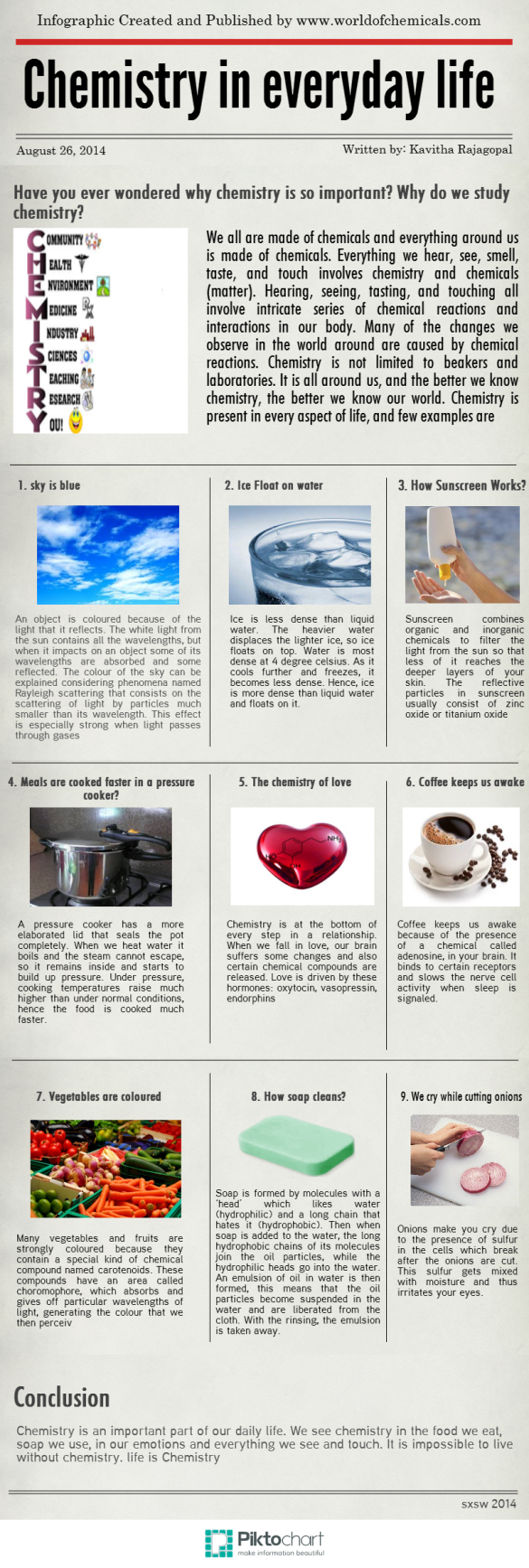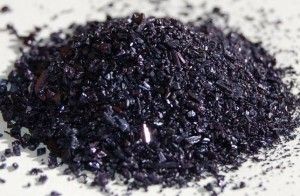 Scientists produce new drug in fight against Ebola virus
Scientists produce new drug in fight against Ebola virus
An Auburn University research team has produced a new drug candidate that could one day slow or even stop the deadly Ebola virus. The group, led by professor of chemistry and biochemistry Stewart Schneller, has designed a compound aimed at reversing the immune-blocking abilities of certain viruses, including Ebola… Read more
 Scientists convert used-cigarette butts into energy storage device
Scientists convert used-cigarette butts into energy storage device
A group of scientists from South Korea have converted used-cigarette butts into a high-performing material that could be integrated into computers, handheld devices, electrical vehicles and wind turbines to store energy… Read more
 Effects of alcohol on heart and liver
Effects of alcohol on heart and liver
Alcohol consumptions has many psycho-social issues. The journey begins with the alcoholic drink slipping past lips, down the oesophagus and into stomach, dancing its way around the gastric juices… Read more
 Attempt to develop synthetic catalysts to split water
Attempt to develop synthetic catalysts to split water
Plants use photosynthesis to convert carbon dioxide and water into sugars and oxygen. The process starts in a cluster of manganese, calcium and oxygen atoms at the heart of a protein complex called photosystem II, which splits water to form oxygen gas, protons and electrons… Read more
 Newly developed sponge helps soak up carbon dioxide
Newly developed sponge helps soak up carbon dioxide
A sponge-like plastic that sops up the greenhouse gas carbon dioxide (CO2) might ease our transition away from polluting fossil fuels and toward new energy sources, such as hydrogen. The material – a relative of the plastics used in food containers – could play a role in President Obama’s plan to cut CO2 emissions 30 per cent by 2030, and could also be integrated into power plant smokestacks in the future… Read more
 Foam helps maximize enhanced oil recovery
Foam helps maximize enhanced oil recovery
A Rice University laboratory has provided proof that foam may be the right stuff to maximize enhanced oil recovery (EOR). In tests, foam pumped into an experimental rig that mimicked the flow paths deep underground proved better at removing oil from formations with low permeability than common techniques involving water, gas, surfactants or combinations of the three… Read more















